We debunk the idea that MSG is dangerous and evaluate claims like, “Does MSG cause headaches?” along with other concerns.
Of all the seasonings commonly found in restaurant and prepared foods, there isn’t one that is as polarizing and controversial as MSG (aka monosodium glutamate). From Chinese Restaurant Syndrome (which is, let’s be real, just plain racist) to neuron damage, to weight gain, headaches and of course, autism, you can pretty much find “evidence” that MSG causes EVERYTHING if you google long enough. However, considering that the U.S. Food and Drug Administration considers MSG completely safe, it’s still a very common and popular seasoning to use in food products. So today, we decided to look into the research and debunk some popular MSG myths.
What is Monosodium Glutamate?
MSG is used as a seasoning to improve the taste of food. MSG is made up of glutamic acid or glutamate, which is an amino acid found inherently in many foods, and sodium. Back in the 60s many people claimed MSG was only used in Chinese food (hence the racist and fictitious condition: Chinese Restaurant Syndrome which was originally based on one man’s experience that he couldn’t even confirm was traced to MSG). Anyway, in reality, MSG is added to many processed foods like canned meats, prepared foods, potato chips, and frozen foods. MSG is also not just a seasoning. But rather, some foods inherently contain MSG including corn, green peas, mushrooms, some cheese, and tomatoes.
MSG EFFECTS CLAIM #1: Excess Dietary Glutamate is Toxic and Causes Neuron Damage
The idea behind this claim is that when we consume MSG, the glutamate from the MSG enters our bloodstream and our brain which leads to an excess of glutamate leading to neurological damage. This in turn affects our concentration and can cause permanent damage to our neurological system. This is one of the major claims of the war against MSG but here’s the bottom line on the subject: the MSG that we eat does NOT have any impact on glutamate in the brain because it cannot cross the blood brain barrier. (Background story: the blood brain barrier is a semipermeable border that separates our circulating blood from our brain. This barrier protects our brain from foreign substances that may injure the brain and maintains a constant environment for the brain.)
While the glutamate from MSG cannot cross the blood brain barrier, research has also found that the MSG we consume doesn’t even make it into our bloodstream!
Furthermore, the FAO/WHO Expert Committee and the Commission of the European Communities Committee both confirmed that in humans, up to 10g of MSG in a bolus of food does NOT increase blood levels of glutamate or impact the brain at all. Considering that the average individual consumes approximately 11 grams of glutamate each day (from natural sources) and the average food seasoned with MSG only contains 0.5 grams of MSG, it is very unlikely that we would ever consume enough to cause problems.
So yeah, that MSG claim is totally bunk.
MSG EFFECTS CLAIM #2: Excess Dietary Glutamate Exacerbates Autism and Impairs Concentration in Adults
Through anecdotal accounts, it has been argued that MSG may worsen symptoms in children with autism, and by removing MSG from their diet entirely (that’s pretty difficult to do), those symptoms disappeared. However, given that we now know that MSG in food does not impact glutamate levels in the brain because it cannot cross the blood brain barrier, it is unclear how MSG could even theoretically interfere with a child’s brain.
It has been further confirmed in two different publications that there is NO evidence that MSG worsened autism or mental problems in children with autism. Based on the available evidence and just what we know about the metabolic pathways of MSG, there is absolutely no physiological reason for this to be true.
MSG EFFECTS CLAIM #3: Excess Dietary Glutamate Causes Brain Damage
This claim is based on a theory named: excitotoxicity. It sounds made up, but it’s actually a real condition. Excitotoxicity is a pathological process by which neurons are damaged and killed by the over-excitation of receptors for the excitatory neurotransmitter glutamate. So glutamate is an excitatory neurotransmitter just like other neurotransmitters such as acetylcholine, norepinephrine and serotonin.
Excitotoxicity isn’t a common occurrence. It can happen after a brain injury or stroke, but no evidence has found that excitotoxicity can happen as a result of dietary intake of any neurotransmitters. No evidence has found that ingesting foods with glutamate or choline like seafood and eggs, respectively (which makes acetylcholine) or tryptophan like turkey (which makes serotonin) causes an excitotoxicity response.
The bottom line is: excitotoxicity is a response to a brain trauma, not to what we eat.
MSG EFFECTS CLAIM #4: Excess Dietary Glutamate Prevents the Absorption of Other Nutrients
The theory behind this claim is that when you consume too much glutamate, the glutamate competes with other amino acids and reduces their absorption.
Here’s the cool deal on absorption. 95% of glutamate, free or bound – is actually NEVER absorbed in the intestines, but is actually utilized by the gut where it gets converted within the cells that line the GI tract into energy or other amino acids. In other words, there is no scientific evidence to suggest that dietary glutamate reduces absorption of other amino acids.
MSG EFFECTS CLAIM #5: MSG Causes Migraine Headaches
It’s often been cited that MSG causes headaches, also known as ‘Chinese Restaurant Syndrome”. A lot of people cite feeling almost like you’ve had too much caffeine. But there is no scientifically established link between MSG and migraine headaches and the International Headache Society removed it from its list of triggers in 2018. In fact, if MSG triggered headaches, then the majority of people would suffer on a daily basis when eating foods like tomatoes, mushrooms, and cheese – foods that are all rich in glutamate. In fact, breastmilk is VERY high in glutamate and babies who are exclusively fed it aren’t struggling with bad migraines every day.
For people who do experience migraine symptoms, we have to consider if these are more a correlation than a causation. Eating large amounts of any processed foods could leave you feeling a little less than stellar. But bottom line is that is likely more to do with the types of foods we associate with MSG, not the seasoning itself.
What we do know is that the FDA has concluded that only some people observe mild transient symptoms (think headache, flushing, tingling, palpitations, drowsiness and numbness) and that is with a dose of 3 grams at once – without FOOD. That’s a mega dose! To put that in perspective, to get the equivalent in food, you would have to drink over a cup of soy sauce or 9 ounces of parmesan cheese! I love cheese, but that’s a lotta cheese! Otherwise, evidence suggests that those symptoms aren’t evident when people don’t know they’re eating MSG. Yep, we call that the no-cebo effect and it is VERY real.
MSG EFFECTS CLAIM #6: MSG Makes You Eat More and Gain Weight
Image Credit: https://totalshape.com/
The theory behind this claim is that since MSG makes food taste good, you end up eating more of it and you gain weight. Here’s the deal. Animal studies on MSG found that injecting high doses of MSG into the brains of rats and mice caused them to gain weight. Before I continue, let’s remember we’re not mice and we also don’t inject anything into our brains. So what about human studies on actual food consumption?
One 2008 study on healthy individuals in South China did find an association between those who ate more MSG and body weight, but there are several variables at play here – and actual intake of MSG in the study was difficult to quantify. This study did not consider the consumption of restaurant meals or processed foods (which would inevitably increase calorie intake and potentially cause weight gain), but rather, the data on MSG intake was only gathered from a controlled environment at home. Further, because it was done in very small rural villages, it may not be so easily extrapolated to the reality of most people living in the western world. This study oversight doesn’t give us a full picture of their total MSG intake or other factors that may increase BMI.
In contrast, a more recent 2013 study from Vietnam found that MSG intake in Vietnamese adults was not associated with body weight.
So what about MSG making food taste so good that we can’t stop eating? MSG is added to a ton of foods because it adds that desirable unique savoury umami flavour. We find this same flavour in foods like seaweed, aged parmesan, anchovies and miso. It’s savoury, earthy and undoubtedly delicious. But is it making food “addictive” and forcing you to override your eating intuition? Of course not. Salt also makes food taste good. As does fat or sugar. These are all just tools in the chef’s toolbox, and we don’t need to explicitly demonize any of them or claim them to be “toxic”. The research actually shows that it may in fact have benefits for improving satiety, which I will explore more below!
Here are a few reasons why there can be a place for MSG in a healthy diet.
Can MSG be Leveraged for Better Health?
MSG May Help To Reduce Sodium Intake
Currently, 9 out of 10 Americans are consuming more sodium then they should. The American Heart Association recommendation is to limit sodium below 2300 mg per day, and move towards a limit of 1500 mg over time. This is in stark contrast with the average intake of 3400 mg of sodium. Most processed and restaurant food is very high in sodium, so one of the recommendations is to swap our salt for MSG because it’s lower in sodium. One gram of table salt has 390mg of sodium while the same amount of MSG has 120mg of sodium – in fact, in 2019, the National Academies of Sciences, Engineering and Medicine referenced MSG as one tool to reduce sodium in the diet. So a lot of households find they can cut back on salt by replacing some of it with a pinch of MSG.
May Help us Eat More Vegetables
I believe that the same reason we associate Thanksgiving turkey with a food coma from the alleged “tryptophan”, we may associate an Americanized Chinese take out dinner with adverse effects and blame it on a neurotransmitter effect. When in fact, we maybe just ate more carbs, fat and salt then our body is accustomed to. If we were to in fact utilize the power of MSG at home in balanced cooking as a flavour agent, I strongly doubt we would have the same association. Adding a pinch of MSG to brussel sprouts or broccoli can give it a boost of flavour without overloading it with salt. This can make these foods more desirable (especially for the picky eaters in your life) and may help you choose them more often. Win win!
MSG May Help Increase Fullness
Some claim that because MSG makes food taste good, you eat more of it, but a lot of the current the research contradicts this theory. Instead, research suggests that MSG may actually help to increase satiety (fullness) and satisfaction. One study found that after participants ate a carrot soup with MSG added, their subjective appetite was significantly lower compared to the group that ate soup without added MSG. When you have a healthy relationship with food, food that tastes good and feels good is just inherently more satisfying, which may reduce the likelihood of overeating.
MSG May Improve Nutritional Status in the Elderly
MSG critics claim that MSG makes you eat too much, while simultaneously insisting that increases the risk of malnutrition. Seems contradictory, no? The truth is that evidence has found that glutamate in MSG can actually provide significant nutritional benefits to certain populations who are at risk of malnutrition like the elderly or ill. One study found that elderly individuals who were struggling to eat due to loss of taste and smell improved their nutritional status when MSG was added to their food because it made it more enjoyable and flavourful. What an amazing and important tool for hospitals and long term care facilities to lean on for this population!
Bottom Line on MSG Effects & Safety
So here’s the deal on MSG. The safety of glutamate, whether it’s naturally in food or added to food as a seasoning has been WELL researched and the evidence is pretty darn clear. It’s safe, and for most people, highly unlikely to cause any adverse effects. MSG has been used in households in many cultures for centuries and while we may not even know it, we also consume around 20-40 times more naturally occurring glutamate than we do added MSG. It’s time we stop calling our food hangovers “Chinese Restaurant Syndrome” because there is absolutely NO evidence to back it up. If you don’t feel good after eating fried rice, then don’t order it, or make your own version at home with less fat or salt.
Like most things, more of our attention should be focused on eating foods in moderation instead of demonizing or trying to cut them out of our diet.
https://www.youtube.com/watch?v=4wdgdatqhbk&t=2s
Become an Abbey’s Kitchen Subscriber
Updated on May 12th, 2022

Abbey Sharp is a Registered Dietitian (RD), regulated by the Ontario College of Dietitians. She is a mom, YouTuber, Blogger, award winning cookbook author, media coach specializing in food and nutrition influencers, and a frequent contributor to national publications like Healthline and on national broadcast TV shows.

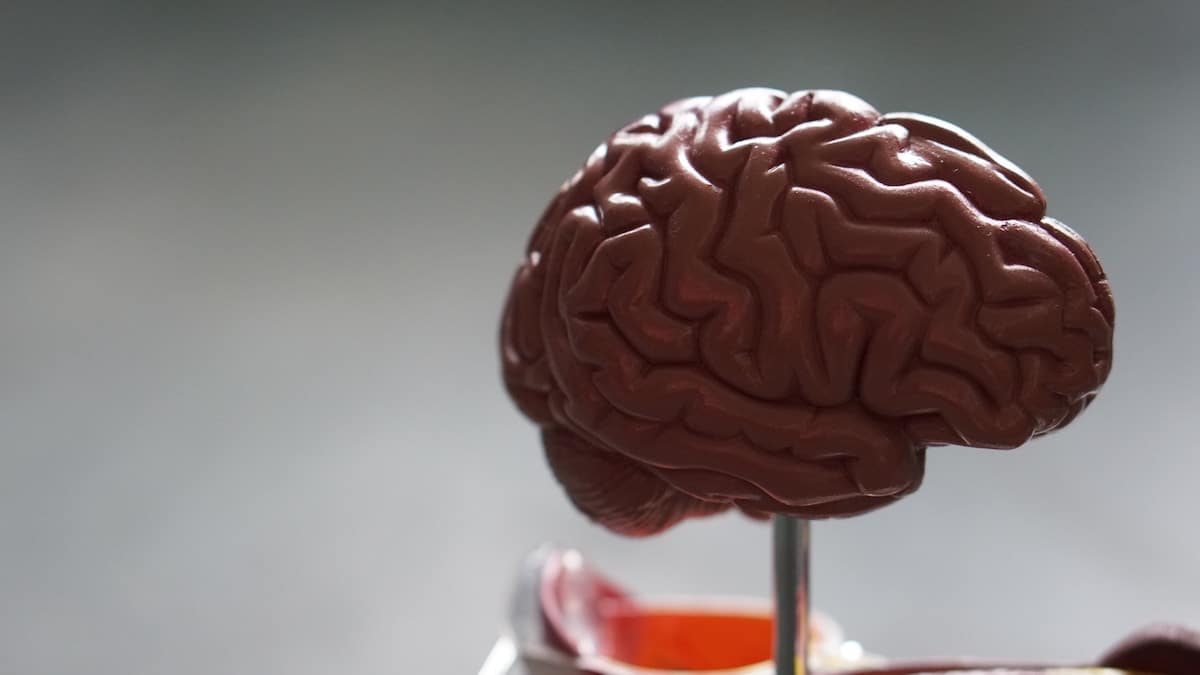


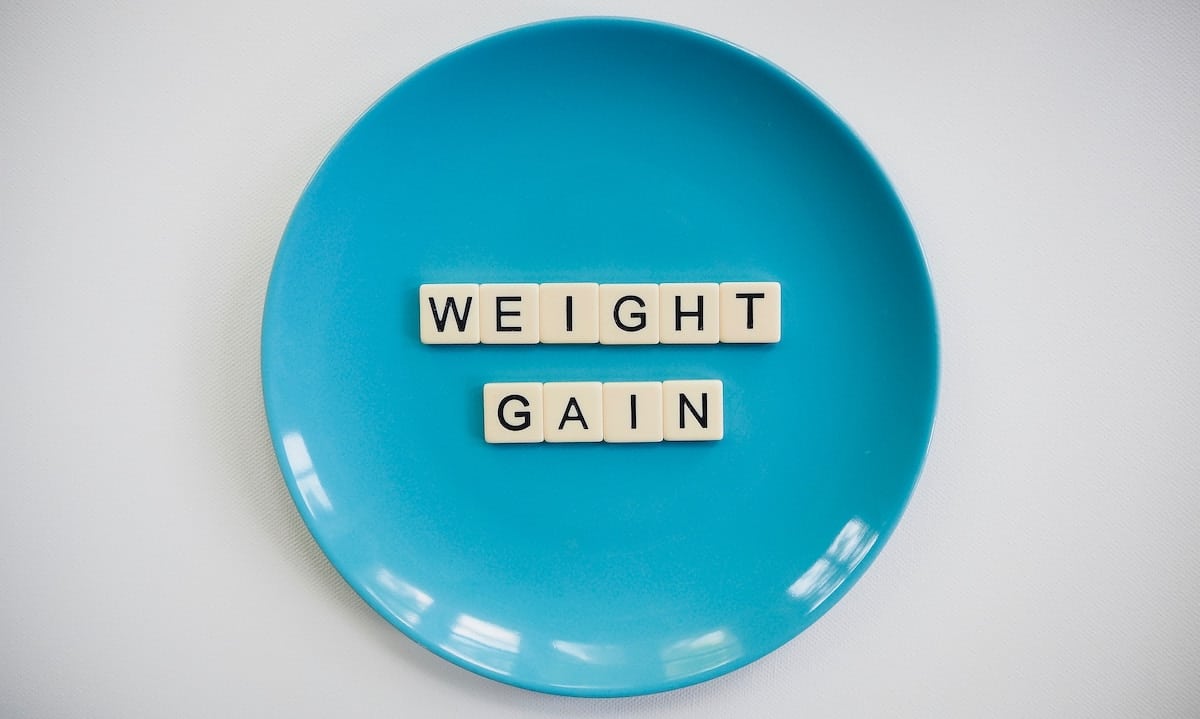
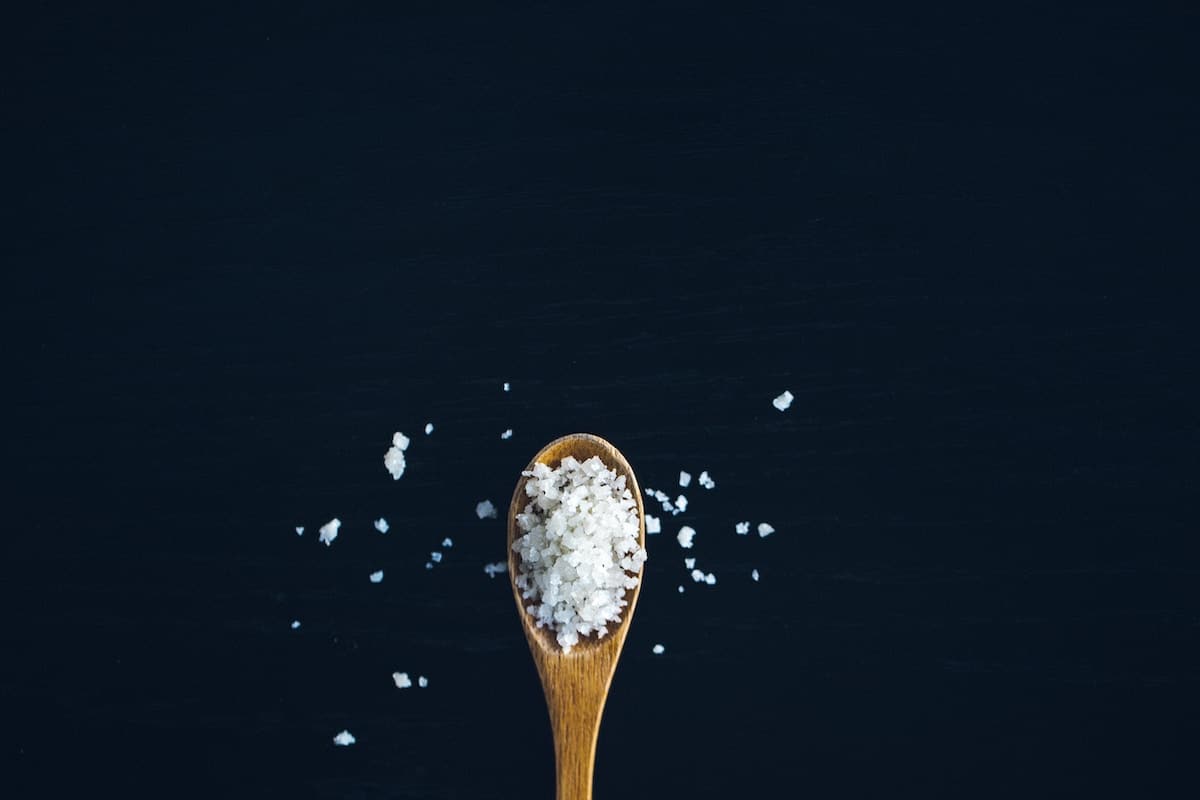

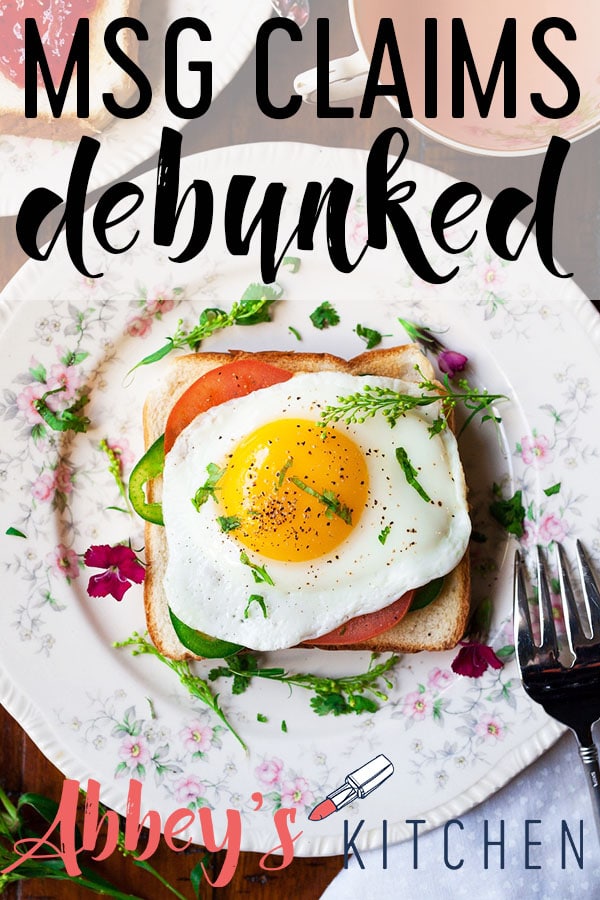
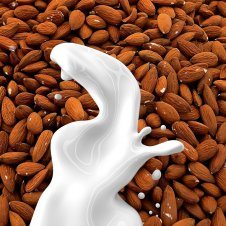

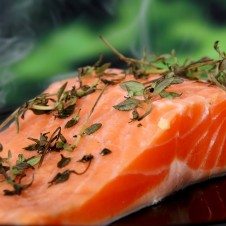

Anon says
I bought into the hype about this too, especially the excitotoxin part. But I’ve noticed MSG seems to decrease and stop both depression and anxiety for me. I’m going to buy some for foods at home that “don’t have enough.” Glad I’m not sensitive in a bad way to it.
In fact, another excitoxin, casein, from dairy, consistently makes me feel great.
Thanks for this!
Buck Rogers` says
Hi Abbey,
I feel you may have the wrong information regarding migraine.
There seems to be some information warfare taking place by the food industry who profit by making food more appealing with the addition of msg to most packaged foods, especially vegetarian and vegan products.
In the medical world it is well established that msg can be a cause of migraine, check the “Australian Therapeutic Guidelines” compiled by the top specialists in their respective fields in Australia.
Even without any evidence (and a sample size of one) and being a previous daily migraine sufferer and undergoing many neurologist appointments, tests, scans, treatments etc know that through elimination of msg derived sources in foods that my migraines are non existent.
YES, that includes mushrooms, cheese and tomatoes, turns out i am very sensitive.
YES there are other triggers also – mainly with vasoactive compounds in my case.
Also there seems to be a level of consumption which can trigger the migraine which varies for each individual.
Just wanted to provide a different perspective
Thanks
Abbey Sharp says
Thank you for sharing!
Janelle Albrecht says
Awesome article!
Do you have a myth-busting article for artificial sweeteners? One of your points made me think of the much-touted claim that aspartame will make you eat more.
Abbey Sharp says
Yup, here you go: https://www.abbeyskitchen.com/artificial-sweeteners-and-weight-gain/
Kalee says
I always love your myth-debunked posts! I always thought MSG could be linked to headaches, but it makes since it’s probably more to do with the processed foods!
Abbey Sharp says
For sure. Thanks Kalee
Angela says
This is such an informative post! I have to say that I really did not know much about MSG before reading this!
Abbey Sharp says
Thanks Angela 🙂
Farrah says
Super informative post as always—I didn’t even realize people thought MSG was capable of causing so many different things!
Abbey Sharp says
Yeah, for sure. Thank you
Deborah Brooks says
MSG really does get a lot of bad press. Thanks for clearing up some of the hype
Abbey Sharp says
Totally. Thanks Deborah